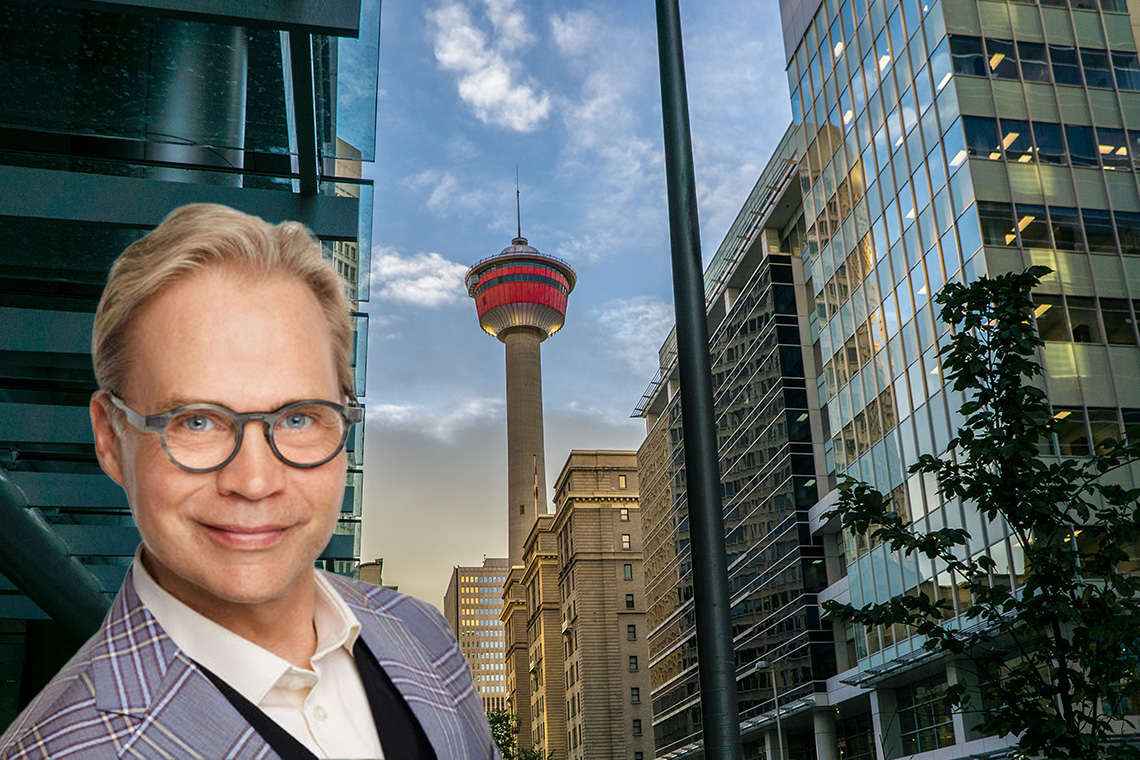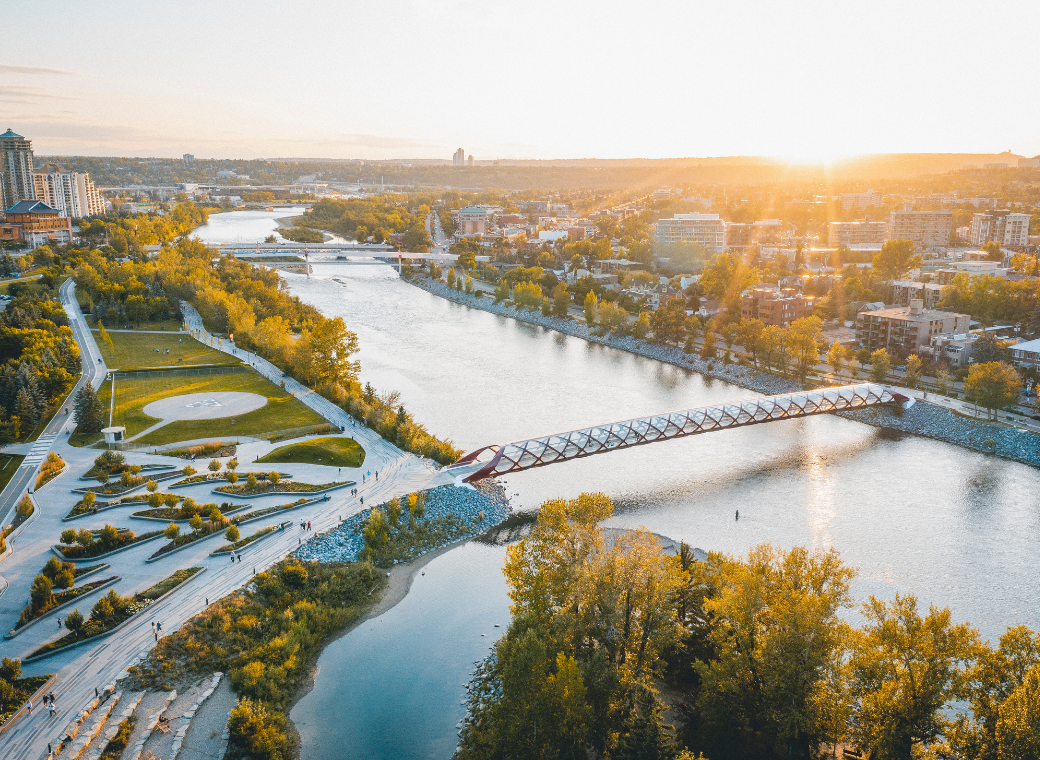
Nov. 04, 2021 | Tyler Difley
Alberta economy must embrace change, diversification to recover from pandemic, says ATB Financial chief economist
ATB Financial vice-president and chief economist Todd Hirsch says Alberta’s economy can’t rely on its traditional strengths as it tries to rebuild in the wake of the COVID-19 pandemic.
Hirsch made the remarks during a virtual presentation to local REALTORS® organized by CREB®, where he likened Alberta’s economic recovery to the Japanese art of kintsugi – a pottery repair method that uses gold lacquer to create a new piece of art, rather than trying to perfectly recreate the original.
“To be repaired, you must be transformed,” he said. “You can’t go back to your original state.
“By focusing on education and skills, on becoming a more socially and culturally inclusive society with a greater commitment to our carbon reduction targets, I think that’s how Alberta is going to transform itself into a stronger and more resilient and more prosperous economy in the future.”
ATB Financial’s most recent forecast projects real GDP growth of six per cent in 2021 and four per cent in 2022.
That 2021 figure represents growth on a level not seen since 2012, according to Hirsch. However, it won’t be enough to get Alberta out of the hole created in 2020, when the economy contracted by 8.2 per cent due to the COVID-19 pandemic.
Hirsch says it will probably take until the middle of 2022 for the Alberta economy to return to its size from prior to the pandemic, which would mean two-and-a-half years of stalled or lost growth, but things are moving in the right direction.
“We can’t go back to where we were in 2014 or 1997 or 1979. The world has changed on us, and we either need to be on that train or we’re going to be left behind." - Todd Hirsch, ATB Financial vice-president and chief economist
The energy sector is stable at the moment, he says, but no increases in drilling activity or hiring intention are expected, which represents an important drawback for Alberta and the industry.
“We simply don’t expect a lot of those jobs to come back – not in 2021 and probably a lot of them not ever – so that does represent a challenge for our province,” he said.
On the positive side, Hirsch says Alberta is starting to see growth in other sectors, as the needle begins to move on the province’s economic diversification efforts. These include the technology and digital, agriculture and agri-food, renewable energy, and clean energy technology sectors.
According to Hirsch, the province’s labour market is experiencing a bit of a paradox, with labour shortages being reported across many sectors while unemployment rates remain elevated. Unemployment is above eight per cent and has averaged close to nine per cent throughout 2021, which he says is roughly double Alberta’s traditional levels.
He chalks this discrepancy up to several factors, the most significant being the “great resignation” playing out across Canada and the U.S., a lack of affordable and available daycare, and a disconnect between what companies are requiring in terms of skills and what actual applicants are able to bring to the table.
“I think there maybe has to be a recognition on the part of the employer that they are not going to find the unicorn employee, somebody with all the most up-to-date skills in his or her hands,” he said, adding it might take awhile, well into 2022 or even 2023, before the situation sorts itself out.
Hirsch’s recommendations for the province’s economic rebuild are focused on three areas: education, skills and training; social inclusion and addressing economic inequality; and a concerted effort to reduce carbon emissions.
This last point has been a major bone of contention for the provincial government and Alberta’s energy sector, as talks continue at the COP26 climate summit in Scotland. At those talks, Prime Minister Justin Trudeau reiterated his campaign promise to impose emissions caps on Canada’s oil and gas industry, while calling for a global standard for carbon pricing.
“We can’t go back to where we were in 2014 or 1997 or 1979. The world has changed on us, and we either need to be on that train or we’re going to be left behind,” said Hirsch. “There is absolutely no alternative.”
Tagged: Economy | Todd Hirsch | COVID-19




